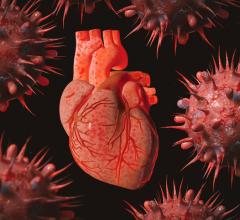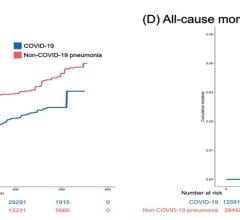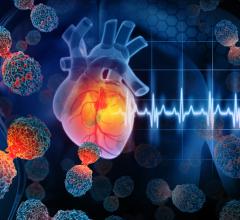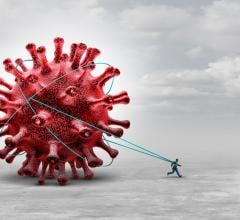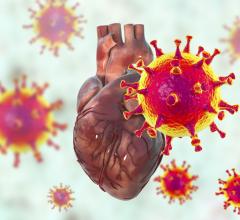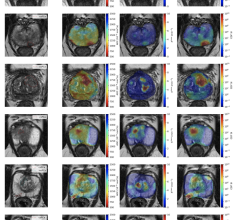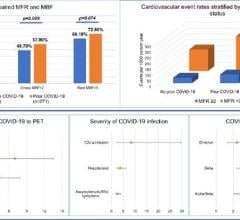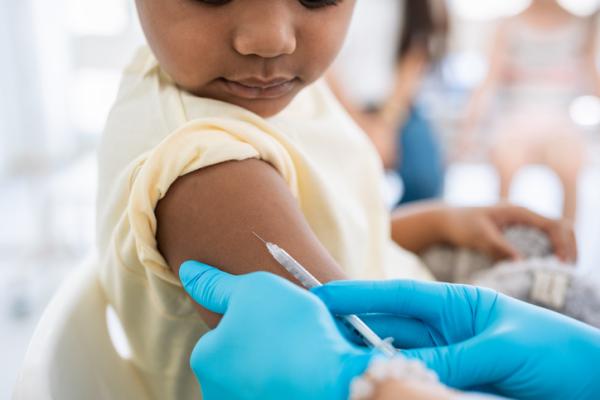
Getty Images
January 6, 2023 — A study of children and adolescents who received a COVID-19 vaccination following multisystem inflammatory syndrome (MIS-C) found that there were no reports of serious complications including myocarditis or MIS-C reoccurrence. About half of participants experienced mild and typical reactions, including arm soreness and fatigue. The study, funded by the National Institutes of Health, demonstrates that it is safe to get a vaccine after having MIS-C. The findings will publish today in JAMA Network Open.
The multicenter, observational study, the largest of its kind to examine COVID vaccination in this group, helps resolve a lingering question about whether the COVID vaccine can increase the risk of health problems in young people who have had MIS-C, a rare and potentially fatal immunological reaction that can occur following infection with SARS-CoV-2, the virus that causes COVID-19.
MIS-C is a poorly understood condition that affects 1 in about 3,000 to 4,000 children and adolescents who had COVID-19, according to the Centers for Disease Control and Prevention(link is external) (CDC). It occurs a few weeks after COVID infection and can lead to organ failure. Symptoms can range from stomach pain, fever, and rash to inflammation of the heart muscle, a serious condition called myocarditis. The exact causes of MIS-C are unknown, but medications can be given to decrease the inflammation that can damage organs.
Some families and healthcare professionals have questioned whether COVID vaccines could lead to more serious adverse reactions in those with a history of MIS-C, including a recurrence of the disease, but data on this topic were lacking.
The cross-sectional study included 22 medical centers (21 in the United States and 1 in Canada) participating in the NHLBI’s Long-Term Outcomes After the Multisystem Inflammatory Syndrome in Children (MUSIC)(link is external) study. It enrolled 385 patients aged 5 years or older with prior MIS-C who were eligible for COVID-19 vaccination. Of this group,185 (48.1%) received at least one vaccine dose. The median age was 12.2 years and 73.5% were male. The participants were racially diverse – 24.3% were Black, 31.9% were Hispanic, and 28.6% were white. The median length of time from their MIS-C diagnosis to their first vaccine dose was 9 months.
Of those who received a COVID vaccination following MIS-C, mild adverse reactions – mostly arm soreness and fatigue – occurred in 49% of them, similar to the general population. There were no reports of serious complications, including myocarditis or recurrence of MIS-C, the researchers said.
“We are very reassured by the results and this safety data should be comforting to families and healthcare professionals when considering and recommending vaccination,” said study co-leader Matthew D. Elias, M.D., a pediatric cardiologist at Children’s Hospital of Philadelphia and clinical assistant professor of pediatrics at the University of Pennsylvania, Philadelphia. Audrey Dionne, M.D., a pediatric cardiologist at Boston Children’s Hospital and assistant professor of pediatrics at Harvard Medical School, Boston, also served as the study’s co-leader. The researchers have routinely treated children with MIS-C throughout the pandemic.
Dionne added that the findings provide support for the CDC’s recommendation(link is external) that patients with a history of MIS-C receive a COVID vaccine at least 90 days after diagnosis and that it is safe to do so.
“In light of the acute and long-term consequences of COVID-19 it is vital to continue the development, testing, and deployment of preventive as well as therapeutic agents in at-risk groups as well as the general population,” said Gary H. Gibbons, M.D., director of the National Heart, Lung, and Blood Institute (NHLBI), part of NIH.
To date, more than 9,000 patients have been diagnosed with MIS-C in the United States, and 74 have died, according to data from the CDC (https://covid.cdc.gov/covid-data-tracker/#mis-national-surveillance(link is external)). However, the disease appears to be on the decline, according to studies by others.
“A big part of that decline is that COVID vaccination has been protective against this rare condition in those who have received it,” Dionne said.
While many patients with MIS-C make a full clinical recovery, some studies suggest chronic symptoms linger after MIS-C, which is why long-term outcome studies will be beneficial, the researchers said. The MUSIC study is part of an NIH collaborative research effort called CARING for Children with COVID, which aims to better understand how COVID affects children, who account for roughly 13% of the total cases in the United States.
For more information: www.nih.gov
Related Content on MIS-C:
Kawasaki-like Inflammatory Disease Affects Children With COVID-19
Case Study Describes One of the First U.S. Cases of MIS-C
NIH-funded Project Wants to Identify Children at Risk for MIS-C From COVID-19
New Study Looks at Post-COVID-19 Emerging Disease in Children
The Cardiovascular Impact of COVID-19
VIDEO: Example of a Multisystem Inflammatory Syndrome in Children (MIS-C) Pediatric Echocardiogram
NIH-funded Project Wants to Identify Children at Risk for MIS-C From COVID-19
Related COVID-19 in Children Content:
Kawasaki-like Inflammatory Disease Affects Children With COVID-19
How COVID-19 Affects the Brain in Neuroimaging
CT Findings of Coronavirus in Children Often Negative
RELATED COVID/HEART DAMAGE CONTENT:
Getting to the Heart of COVID-19 Vaccination and its Cardiovascular Risks
COVID-19 Surges Linked to Spike in Heart Attacks
COVID-19 Fallout May Lead to More Cancer Deaths
Kawasaki-like Inflammatory Disease Affects Children With COVID-19
FDA Adds Myocarditis Warning to COVID mRNA Vaccine Clinician Fact Sheets
CMS Now Requires COVID-19 Vaccinations for Healthcare Workers by January 4
Cardiac MRI of Myocarditis After COVID-19 Vaccination in Adolescents
Small Number of Patients Have Myocarditis-like Illness After COVID-19 Vaccination
Overview of Myocarditis Cases Caused by the COVID-19 Vaccine
Case Study Describes One of the First U.S. Cases of MIS-C
NIH-funded Project Wants to Identify Children at Risk for MIS-C From COVID-19

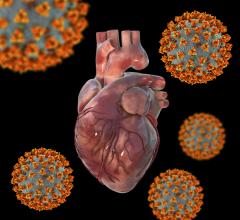
 March 20, 2024
March 20, 2024 
